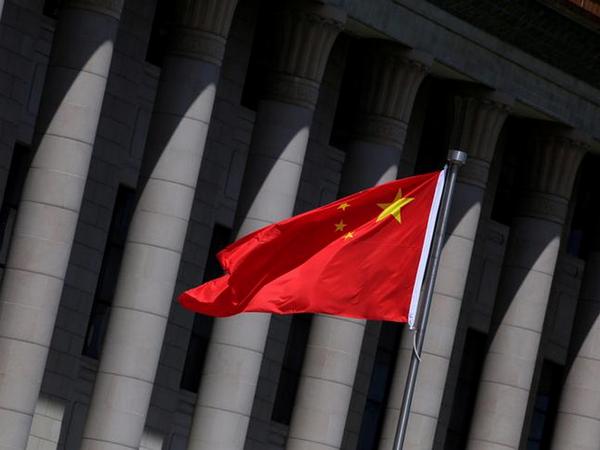Hong Kong security law draft to be put before China's top parliament body
The top decision-making body of China's parliament will review a draft of national security legislation for Hong Kong during a session in Beijing that began on Thursday, the official Xinhua news agency reported. The draft legislation specifies the definition of four crimes: separatist activity, state subversion, terrorist activity, and collusion with foreign forces, Xinhua reported.

- Country:
- China
The top decision-making body of China's parliament will review a draft of national security legislation for Hong Kong during a session in Beijing that began on Thursday, the official Xinhua news agency reported.
The draft legislation specifies the definition of four crimes: separatist activity, state subversion, terrorist activity, and collusion with foreign forces, Xinhua reported. It also sets out punishments for those crimes, it said.
The law is expected to bring about the most profound change to the former British colony's way of life since it returned to Chinese rule in 1997. It is expected to allow mainland security agents to be based in Hong Kong for the first time. The time frame for introducing the law is unclear, although some political analysts expect it will come in July, ahead of key elections in September.
The South China Morning Post, quoting a mainland source familiar with Hong Kong affairs, said the law was unlikely to be passed during the parliament session in Beijing. Critics fear the legislation will crush wide-ranging freedoms in Hong Kong denied to people in mainland China that are seen as key to its success as a global financial center.
Authorities in Beijing and Hong Kong have dismissed fears that the law will curb freedoms and say it will only target a minority of "troublemakers" who pose a threat to national security. Despite such assurances, the legislation has triggered some of the strongest exchanges between officials in Beijing and Washington, with U.S. Secretary of State Mike Pompeo calling it a "death knell" for Hong Kong's freedoms.
Pompeo met China's top diplomat, Yang Jiechi, in Hawaii on Wednesday amid a deep deterioration of ties between the strategic rivals, their first face-to-face meeting since last year. The Chinese foreign ministry said in a statement Yang told Pompeo that the United States needed to respect China's positions and halt interference in issues such as Hong Kong, Taiwan, and the Xinjiang region and work to repair bilateral relations.
Pompeo stressed "the need for fully-reciprocal dealings between the two nations across commercial, security, and diplomatic interactions", U.S. State Department spokeswoman Morgan Ortagus said in a statement. On Wednesday, the G7 foreign ministers issued a joint statement calling on China not to follow through with its plans for the legislation.
The law will be the biggest step yet by Beijing in a concerted campaign to assert its authority over the city and its 7.5 million people after months of often violent anti-government demonstrations. The legislation was not listed on an earlier agenda of the session of the National People's Congress Standing Committee.
(This story has not been edited by Devdiscourse staff and is auto-generated from a syndicated feed.)
ALSO READ
Japan's Kishida, ahead of US trip, seeks stronger military ties with Washington and other partners
U.S.-China hold military talks in Hawaii
Japan's Kishida, ahead of US trip, seeks stronger military ties with Washington and other partners
US, China hold military talks in Hawaii
Israel opposition leader, in Washington, calls hostage deal hard but 'doable'










